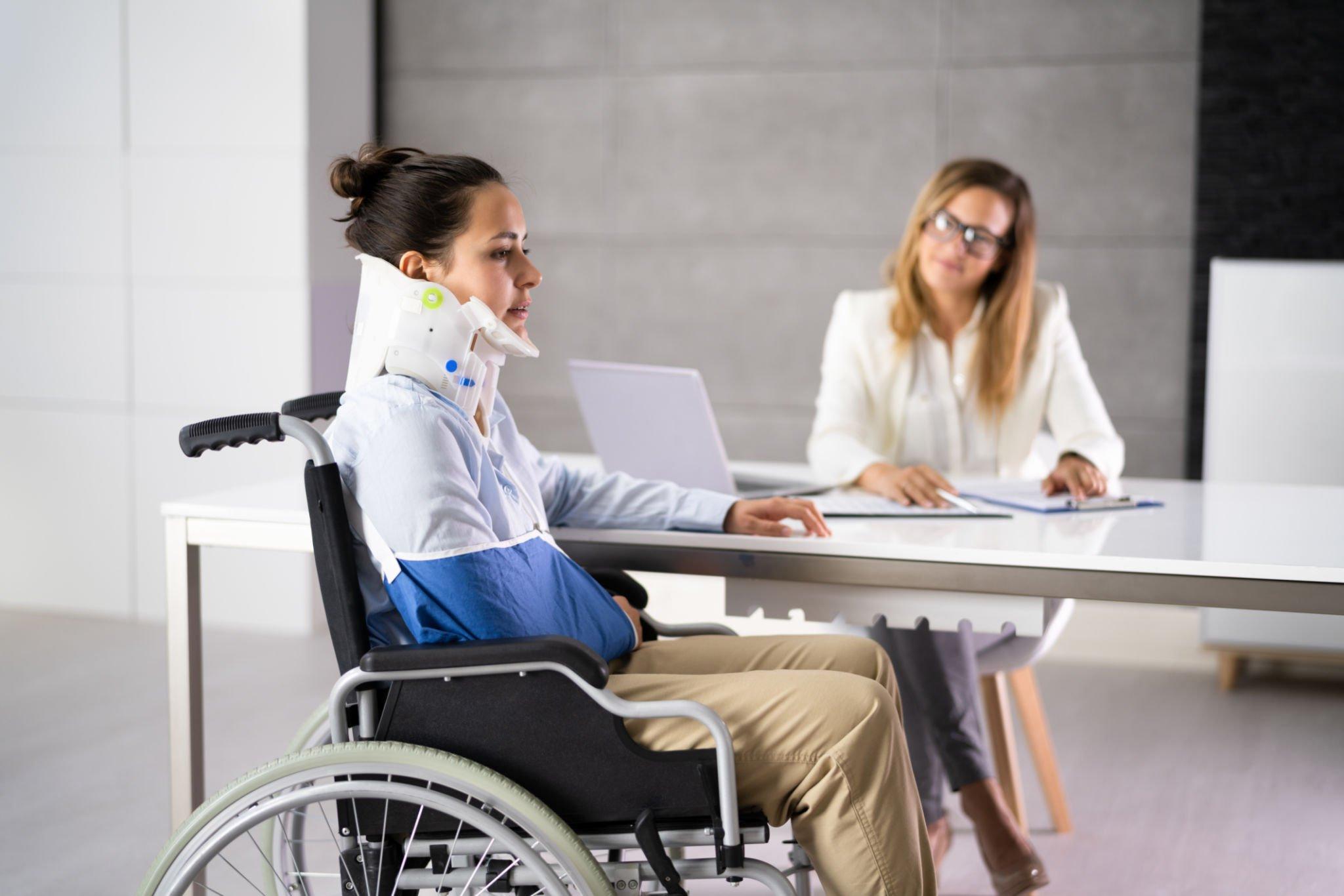Wondering how the USCIS investigates VAWA? The Violence Against Women Act (VAWA) is a crucial piece of legislation designed to protect individuals who have fallen victim to domestic violence, physical abuse, and mental and emotional mistreatment in the United States. While VAWA provides a pathway for survivors to obtain lawful status, the process is far from simple. The U.S. Citizenship and Immigration Services (USCIS) plays a pivotal role in ensuring that those applying for VAWA protection genuinely meet the criteria.
In this blog, we delve into the intricate details of how USCIS conducts investigations into VAWA cases.
What is VAWA?
Before delving into the investigative process, let’s understand the significance of the Violence Against Women Act (VAWA). Enacted in 1994, VAWA was groundbreaking in its commitment to addressing violence against women and providing remedies for survivors. Over the years, the legislation has evolved to encompass protections for both women and men who have suffered abuse, recognizing that domestic violence knows no gender bounds. Under VAWA, survivors can self-petition for immigration benefits, seeking refuge and stability in the United States.
How Does the USCIS Investigate VAWA?
- Examination of the Application
The initial phase of the USCIS investigation involves a meticulous review of the VAWA self-petition or petition submitted by the applicant. USCIS scrutinizes the application for completeness and accuracy, recognizing the pivotal role of a well-prepared and thorough application. Any discrepancies or missing information are closely examined, as they could lead to delays or denials in the processing, underscoring the critical need for precision in the application process.
- Compilation of Supporting Evidence
Given the sensitive nature of domestic violence cases, victims may encounter challenges in providing conventional forms of evidence. USCIS acknowledges these difficulties and adopts a flexible approach, accepting diverse evidence. This includes witness letters, recordings, police reports, and school records. The uniqueness of each case is acknowledged, emphasizing that the credibility of the evidence is paramount in establishing the validity of the claims. This approach recognizes the diverse circumstances survivors may face when documenting their experiences.
- Scrutiny of Good Moral Character through Background Checks
Qualifying for VAWA protection requires that you demonstrate good moral character. USCIS conducts a thorough background check to ensure the applicant has no criminal history that could jeopardize their eligibility. Obtaining police clearance letters from all the cities or states where the applicant resided becomes essential to this process. The emphasis on good moral character underscores the commitment to admitting individuals who will positively contribute to society.
- Structured Interview Process
VAWA and green card applications are often filed simultaneously, with VAWA approval preceding the application. During the green card interview, the focus shifts towards biographical information, with questions about the previously approved abuse portion generally avoided. The interview aims to assess the applicant’s security status, health, and any factors that might permanently bar them from receiving a green card. This dual-application process streamlines the overall immigration procedure for survivors, ensuring a comprehensive evaluation.
- Adjudication Phase
After thoroughly reviewing the application and supporting evidence, USCIS enters the adjudication phase. This critical step involves a comprehensive assessment of all collected information to determine whether the applicant meets the criteria for VAWA protection. If the petition is approved, the applicant attains eligibility for a VAWA-based green card, marking the triumphant conclusion of a challenging journey through the immigration process.
File Your Petition with an Expert Immigration Attorney at Your Side
Now that we have explored how USCIS investigates VAWA, understanding the intricacies of the VAWA process becomes crucial. Navigating these complexities requires expertise and a profound understanding of immigration law. At 360 Immigration Law Group, we stand ready to be your invaluable partner in this journey.
Our commitment extends beyond geographical boundaries, serving clients across the United States and beyond. Whether you are in Coconut Creek, Pompano Beach, Boca Raton, Tamarac, Parkland, Deerfield Beach, Sunrise, Oakland Park, Fort Lauderdale, and Plantation, our expert immigration attorneys are here to provide meticulous legal support. Contact us at 954.667.3660 for a free consultation, and let us guide you through the VAWA application process with the knowledge and experience you deserve.

